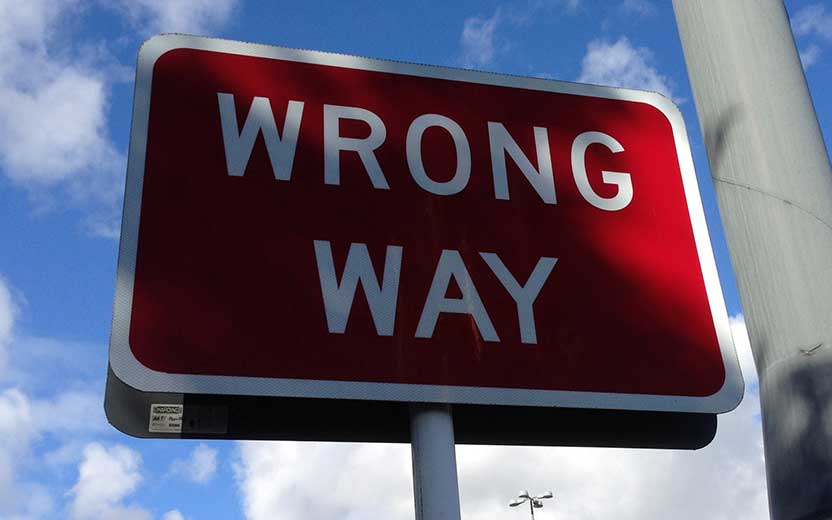By Marcus Fernandez
You stop for a red light and a truck suddenly slams into the rear of your car. The car has substantial damage, and you suffered serious injuries. Your doctors say you could have a permanent disability. Whether you are involved in one of the more than 29,000 car crashes that take place each year in Hillsborough County, Florida, or suffer an injury attending a party at a neighbor’s home, you need to understand the process for filing an insurance claim. A good place to start is with a discussion about first-party claims and third-party claims. Understanding the differences between them may affect the compensation you receive.
What is a first and third-party insurance claim, and how do they differ?
If you suffer an injury in an accident caused by another party’s negligence, one of the first things your personal injury attorney will do is investigate to gather evidence. How did the accident happen? They will then identify the parties responsible for causing it. He or she may also need to file claims against more than one insurance company.
A first-party insurance claim is one filed on your behalf against your own insurance company. For example, the damage done to your car when the truck rammed into it at the red light. This may be covered under your auto insurance policy’s collision coverage. The claim you file would be a first-party claim.
The types of insurance coverage that most people have against which a first-party claim may be filed include the following:
- Homeowner’s insurance: Damage to your home. Coverage under your policy as a first-party insurance claim can be when a tree branch falls on your roof. If a neighbor trips and falls on your broken sidewalk, they may file a third-party claim against your homeowner’s insurance.
- Business property insurance: Damage caused by a fire, storm, or other occurrences, including revenues lost while the business is closed for repairs. This can lead to a first-party claim under a business property insurance policy.
- Uninsured and underinsured motorist coverage: You may add coverage to your auto insurance policy that shields you if injured in an accident with an uninsured motorist or a motorist whose insurance coverage is insufficient to pay the damages you incurred.
- Collision and comprehensive coverage: Collision coverage added to your auto insurance policy allows you to make a first-party claim to compensate for physical damage to your vehicle caused by a crash. Comprehensive coverage pays for damage not caused by a collision. It could include damage caused by a pebble striking your windshield and breaking it or vandalism. It also provides coverage in the event someone steals your car.
- Medical payment coverage: MedPay in Florida is the coverage you may add to your auto insurance policy to reimburse you for accident-related medical expenses not covered by your PIP coverage.
- Third-party insurance claims are those you make against another party’s insurance carrier rather than against your insurer. For instance, instead of making a first-party claim under the collision coverage of your insurance policy for your car’s property damage, you could file a claim through the insurance company covering the truck that hit you.
Depending upon the type of accident, you may have the right to file a first-party insurance claim and a third-party claim. Perhaps the best example of this happens when you suffer injuries in a car accident in Tampa.
Florida is a no-fault state. A no-fault state means that you must file any medical expense and lost earnings claim as a first-party claim under the personal injury protection or PIP coverage under your car insurance. Fault in causing the collision is not a factor in a PIP claim. If another party was at-fault, you may also have a third-party insurance claim to recover compensation for damages not paid by PIP. This can include things like pain and suffering inflicted upon you.
How do you make first-party claims and third-party claims?
The process of filing a first-party insurance claim begins by notifying your insurance company that you suffered a loss. You should follow the procedure for filing a claim, as outlined in your insurance policy. Not following proper procedures may cause delays and result in the company refusing to pay the claim.
A third-party insurance claim begins differently than a first-party claim because you are not dealing with your own insurance company. Third-party claims start with your personal injury lawyer notifying the other party of your claim for damages. It is then up to the at-fault party to inform the third-party carrier of the policy.
After an insurance company receives notice of a claim it assigns it to an adjuster to investigate it. An adjuster may contact you to request additional information and documentation to support the claim.
Key things to know to protect your rights with a first-party and third-party claim
A first-party claim against your insurance policy does not mean the company will be quick to pay. Regardless of whether you deal with your insurance company or someone else’s, remember that insurance companies do not make money by paying out claims. You should expect a thorough investigation and tough negotiations.
Florida law obligates insurance companies to act in good faith when handling claims made by their insureds. The best way to ensure that your claim receives the care and attention it deserves is to rely upon a Tampa personal injury or business property insurance claim attorney to handle it for you. Contact KFB Law today for your complimentary case evaluation and consultation.


